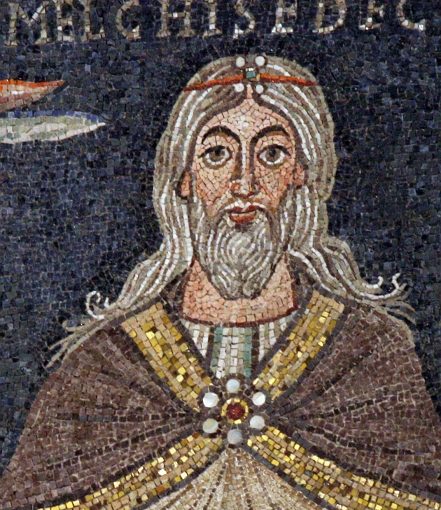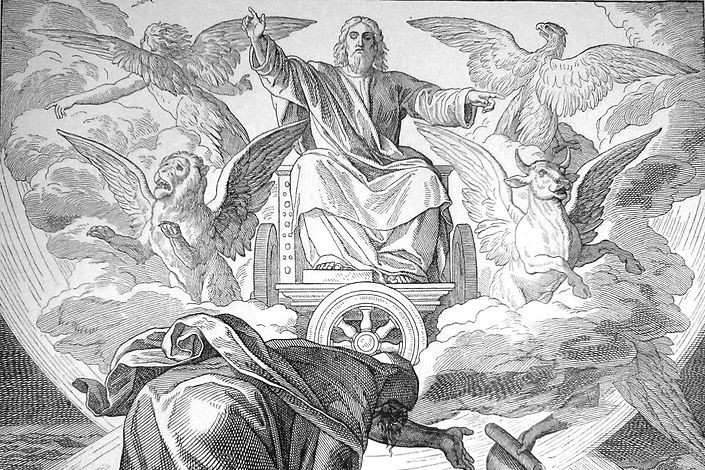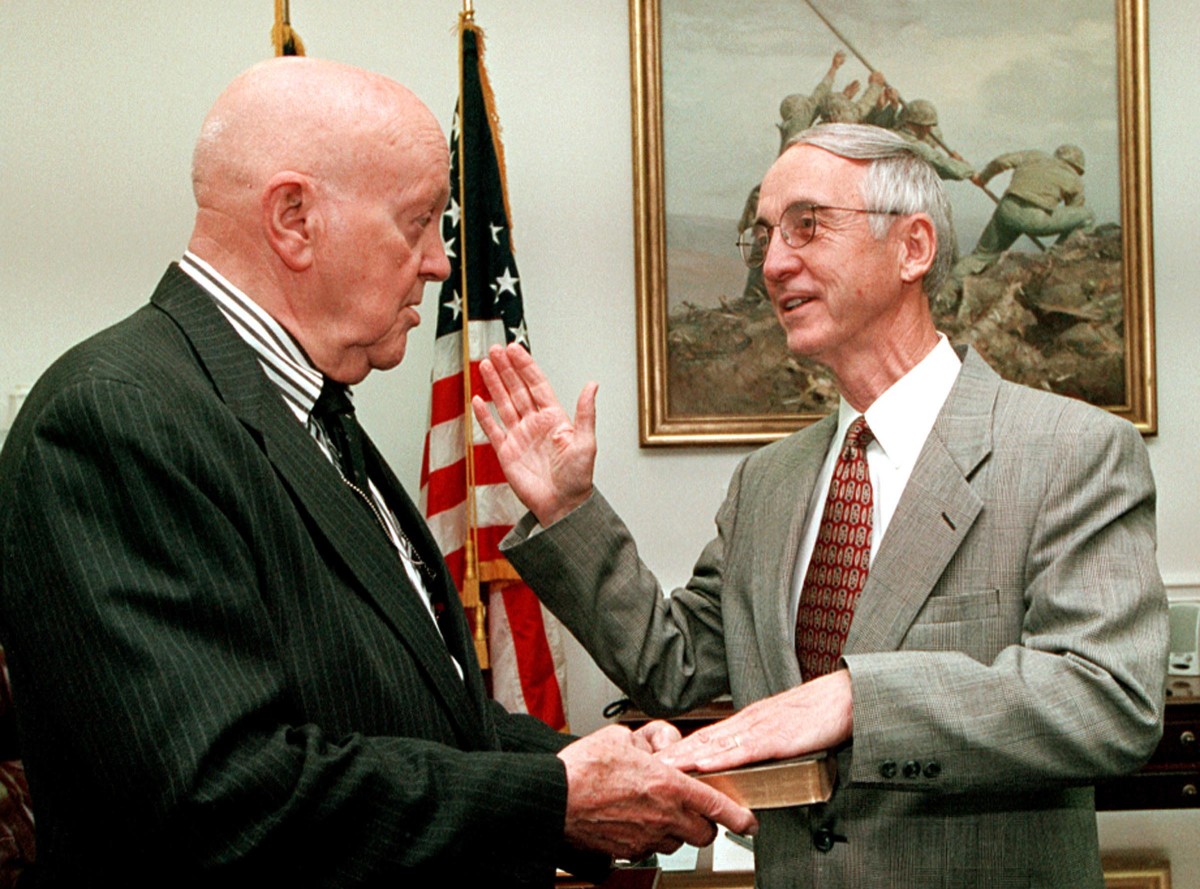But Christ came as High Priest of the good things to come,
with the greater and more perfect tabernacle not made with hands, that is, not of this creation.
Hebrews 9:11
In A.D. 70, Roman legions destroyed the Temple and burnt Jerusalem to the ground. There hasn’t been a high priest on earth since then.
Most Christians have a very limited understanding as to the office or ministry of the high priest. Many consider it an Old Testament thing with little or no importance to them, while others see the position as a type of Christ. As such, it helps those believers understand better the role the Savior has in atonement and intercession for the saints. When Christians die or are raptured, they will lose their sin nature and finally be completely conformed to the image of God’s Son. Without sin, we will no longer need Jesus to plead our case before a Holy God. We will no longer need a high priest – or at least that’s what I used to think.
Jesus is our High Priest of Good Things to Come. He did not stop being High Priest after atoning for our sins on the cross, and He doesn’t get laid off once the job of intercession is done. Clearly, Christ is “High Priest forever according to the order of Melchizedek” (Hebrews 6:20), so He’ll be doing something special up in heaven.
The book of Hebrews tells us that the Old Testament offerings and rituals were types and shadows of good things to come (Hebrews 10:1). For example, the Most Holy Place in the Tabernacle was a perfect cube (with the height, length, and width all equal). New Jerusalem (the celestial city) is also a perfect cube, so in one sense, the Tabernacle in the wilderness foreshadows heaven.
No one really can imagine all the great things that will happen when we get to heaven, but two things are certain:
#1 Heaven is out of this world, and
#2 Christ will be the High Priest of Good Things to Come.
March 2









